Apple Watch was credited with saving the life of a Bothell, Wash., man who used the device's heart monitoring features to learn that his atrial fibrillation had returned, prompting doctors to get him back on medication to prevent a stroke.
Previously diagnosed with AFib, the unnamed man was on blood thinners to correct the problem, but was ultimately cleared by doctors. While regular hospital monitoring showed normal heart rhythms, ECG readings from the man's Apple Watch Series 4, presumably taken at home, revealed irregular rates. After seeing the results, his cardiologist, Dr. Phil Massey of Pacific Medical Centers in Seattle, determined the AFib had returned and prescribed blood thinners to prevent a stroke, reports local news outlet KIRO7.
Atrial fibrillation (AFib or AF) is an irregular heart rate characterized by rapid, irregular beats that can lead to heart failure or stroke. While there are sometimes symptoms, it can often present without — as was the case for the man out of Bothell.
"He had been off of blood thinner and he didn't know it had come back," Massey said. "When you have AF it can be intermittent so he could come into the office and be in normal rhythm. But then he could show me the tracking on his watch and show me that it had come back. And then we got him on a blood thinner to prevent a stroke, so that is a big deal."
Massey was impressed with Apple Watch's functionality and remains optimistic that it can potentially save lives.
"I am hopeful that other heart rhythm problems will be able to be detected in the future outside of the doctor's office, and that's exciting," Massey said.
This isn't the first time someone was potentially saved by the ECG feature of Apple's latest Watch. A number of reports have highlighted the device's ability to detect AFib and other heart conditions since it launched in the fall of 2018.
Taking an ECG with your Apple Watch Series 4 is easy to do and involves opening the ECG app and placing a finger on the Digital Crown for 30 seconds. Results will fall into one of three categories: AFib, sinus rhythm (normal) or inconclusive.
February also happens to be American Heart Month which Apple has celebrated with a series of exclusive events at select Apple Stores across the country.
 Andrew O'Hara
Andrew O'Hara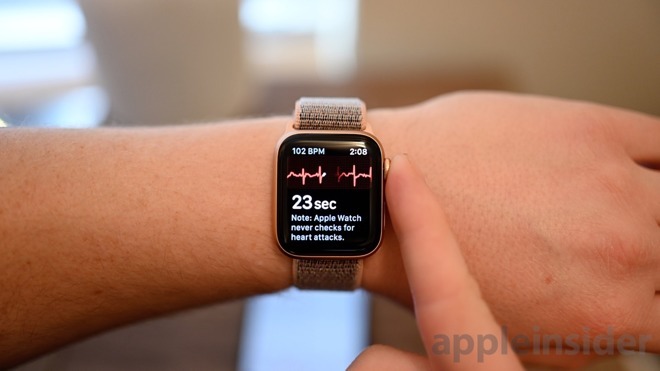

-xl-(1)-xl-xl-m.jpg)





-m.jpg)






 Wesley Hilliard
Wesley Hilliard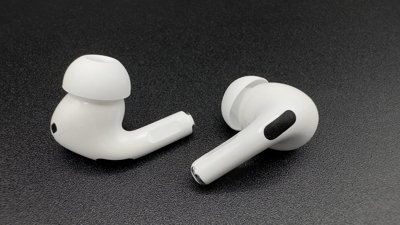
 Marko Zivkovic
Marko Zivkovic
 Andrew Orr
Andrew Orr
 Malcolm Owen
Malcolm Owen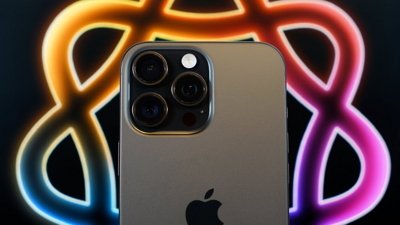

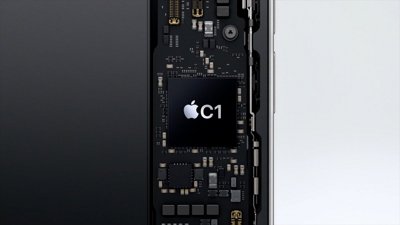
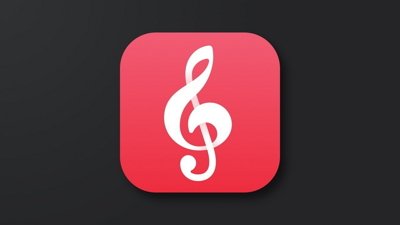
 William Gallagher
William Gallagher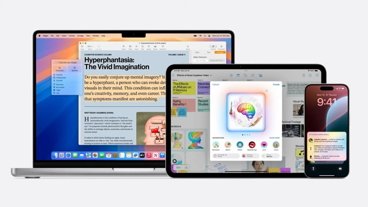






18 Comments
Garlic & Cayenne Pepper.
I find the Apple Watch to be a more amazing and wonderful product than anything Steve ever produced -- and I say that with enormous respect and gratitude for all that Steve did for our world.
Increasingly the Apple Watch is morphing from a fashion trinket to a capable exercise/activity monitor to a health promoting tool to an essential safety device.
It is that last that I'm not sure that even Apple comprehends: I have spoken to Apple Store reps about the watch and how it promotes personal safety and every time I was met with a "huh?" -- like the thought had never before occurred to them.
But, one more aspect of that: My 12 year old grandson is increasingly in places without parental supervision and where he cannot carry his phone (like swimming or playing football with friends). So, today I have arriving for him a Series 3 with LTE (thanks to a great deal from B&H that I learned about here on ai). Now, he will be able to reach out for help wherever and whenever he needs it -- and his parents will be able to check in with him as needed -- so he can gain independence while remaining as safe as possible.
Thank you Steve for creating the organization and the environment that made this possible!
Apple Watch Series 4 also saved by Dad when it shows signs of AFib and the doctor was glad I took him immediately as soon as it showed AFib. The doctor put him on blood thinner medication to prevent a stroke.
Still not available in the UK. Apple need to push the UK medical council to grant approval.